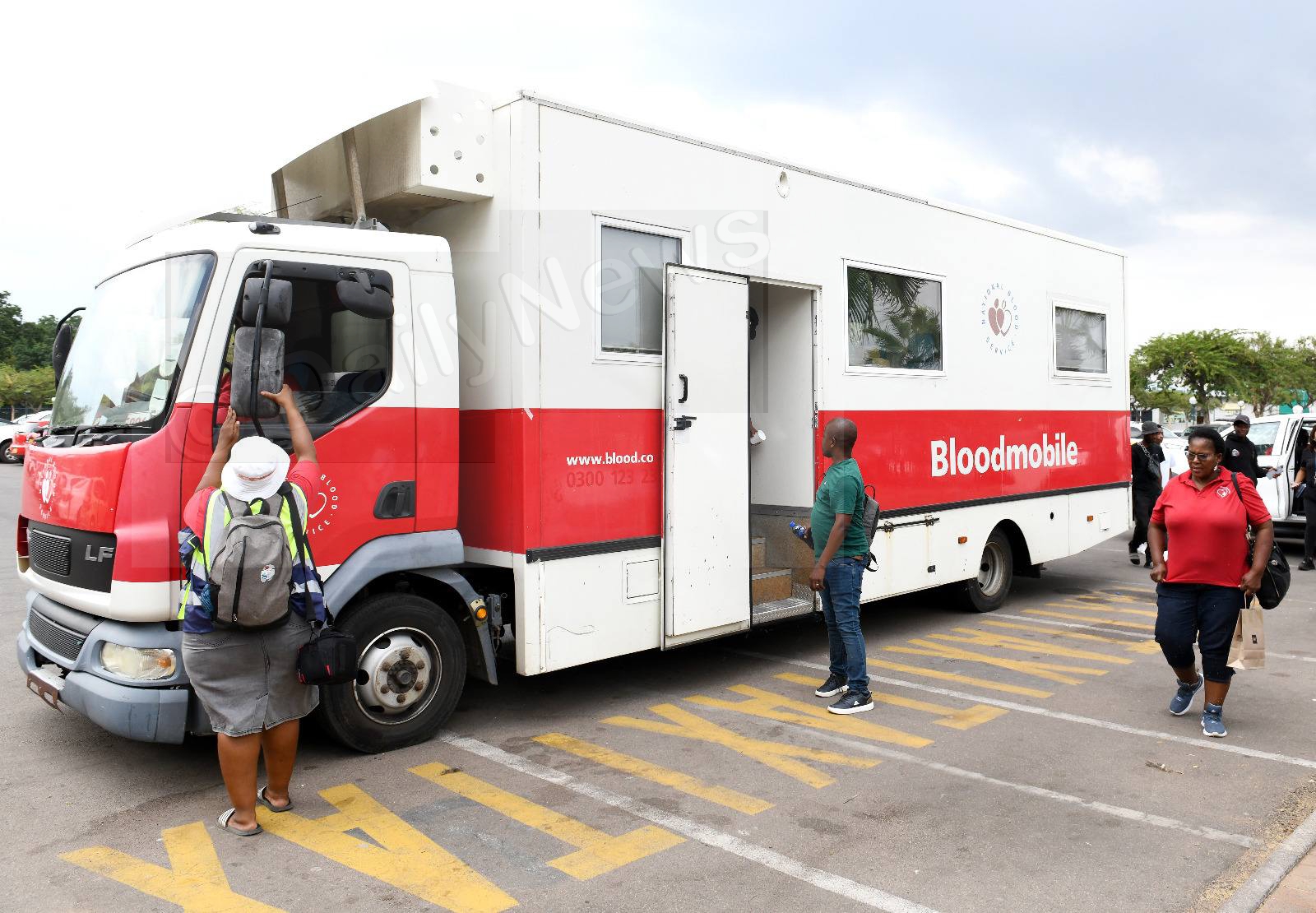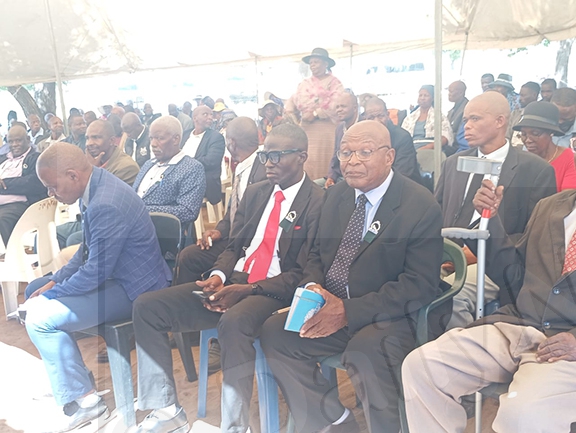Medicines availability at 36 per cent - Modise
27 Oct 2025
The Minister of Health, Dr Stephen Modise, has assured the nation that the supply of drugs and other essential medicines has significantly improved, following months of critical shortages that led to the declaration of a State of Public Health Emergency in August this year.
Giving an update on the state of medicines and medical commodities in the country on Friday, Dr Modise said the situation, which had severely disrupted service delivery in public health facilities, was now stabilising. He said medicine availability was increasing from 17 per cent in August to 36 per cent by early October.
“Our target is 97 percent by December and we are confident we will get there,” he said.
He said the situation at clinics had improved, particularly for chronic conditions such as diabetes and hypertension, as well as antibiotics and pain medication,” Dr Modise noted.
He however said hospitals remained the most affected due to their reliance on specialised commodities, where he said shortages of specialised theatre, laboratory and emergency care commodities remain critical.
Despite these hurdles, he said the ministry was working towards long term stability through restructuring the Central Medical Stores, adopting pooled procurement strategies, exploring innovative financing and even considering local manufacturing to reduce dependence on imports.
Dr Modise had outlined a combination of global, financial and logistical factors behind the shortage of medicines and medical commodities, saying the crisis was the result of both international disruptions and local systemic challenges.
“The declaration was necessary to focus the country’s attention and resources on addressing the urgent need for medicines and medical commodities,” Dr Modise said, pointing that at the time, critical supplies across hospitals including theatre, laboratory, ICU and emergency items were at only 17 per cent availability.
He reiterated that medicine shortages in the country were triggered by among others, the global supply chain breakdowns, delayed procurement, financial constraints and operational inefficiencies within the health system.
According to Dr Modise, the procurement of medical supplies is a complex and delicate process that required strict compliance with safety and quality regulations. Even in emergencies, those checks cannot be skipped, which slows delivery.
“It is an intentionally slow, meticulous and highly regulated process, designed to protect public health safety,” he said.
Adding to the complexity, he said Botswana’s relatively small population and limited purchasing power made it difficult to meet the minimum order quantities set by manufacturers.
“This makes our orders less attractive to respond to, particularly for laboratory reagents and supplies, which have a short shelf life and very specific manufacturing requirements,” Dr Modise noted.
The minister also revealed that the country’s current fiscal situation has compounded the problem, saying suppliers were now demanding upfront payment before shipment, which further delays delivery, further saying, "we are operating in a global market affected by wars, tariffs and inflation, all of which continue to disrupt international supply chains.”
Locally, he pointed out that some of the shortages have been worsened by administrative bottlenecks. Dr Modise pointed out that communication lapses between health facilities and the Central Medical Stores (CMS) had occasionally caused medicines to ‘sit in warehouses while patients went without.’
“We are working to close gaps because it is unacceptable for medicines to be available at CMS yet not reach the facilities where they are needed,” he said.
However, he confirmed that recent deliveries had started to ease the strain, and full stabilisation was expected before Christmas. He said the ministry planned to introduce long-term measures, including pooled procurement, innovative financing models, and local manufacturing of essential drugs.
“We must ensure Botswana is never this vulnerable again,” Dr Modise emphasised, saying the medicine shortage has taught painful lessons, “but we are now on the path to recovery.”
The minister expressed gratitude to all development partners and neighbouring countries that supported Botswana during the challenging period.
Meanwhile, Dr Modise confirmed that recent shortages of antiretroviral (ARV) drugs led to temporary rationing earlier this month, but supply levels have since stabilised following new deliveries.
“We have now received new ARV consignments this week, and additional supplies are expected before the end of the year,” said Dr Modise, adding that marked a significant breakthrough in efforts to ensure uninterrupted treatment for all patients.
CMS Director, Ms Keletso Israel clarified that there was never a complete lack of ARVs, but rather a precautionary measure to ration available stocks.
“There was never a point when ARVs were unavailable, they were in stock, but we had to implement temporary rationing to manage supplies responsibly until new consignments arrived,” she explained.
Ms Israel also dispelled circulating rumors about a shortage of condoms in public health facilities. She said they continued to ensure consistent availability of condoms across all distribution points. ENDS
Source : BOPA
Author : Lesedi Thatayamodimo
Location : Gaborone
Event : Press conference
Date : 27 Oct 2025





